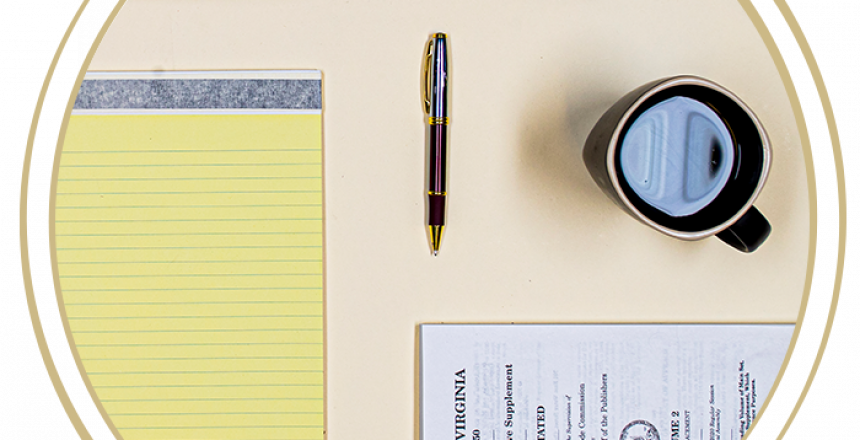You Can Have Good Debt
Not all debt is bad. Mortgages, car payments, student loans, and reasonable credit card expenditures are, for most of us, part of everyday life. In fact, there’s really no way to build up your credit score without incurring some debt.
So don’t be afraid of good debt; it is a necessary part of creating and maintaining economic health for most Americans. Buying a house or taking on a loan to pay for your education is a way to invest in yourself, with the intent of being able to make back what you borrowed… and a lot more. This debt is still a liability, but has an asset to back it up (such as your home or degree).
However, don’t get ahead of yourself – most debt isn’t the good kind.
Most Debt is Bad Debt
The issue with debt is how many people use it – to buy things they can’t afford yet (or in extreme cases, ever.) A general rule of thumb is that if you can’t afford to pay off the entire balance on your credit card within a month or two, you simply can’t afford to buy the things you’re buying.
Often, people will spend so much money on their credit cards that they realistically cannot find a way to pay it off, given their current salary. They end up owing so much that they realistically can never pay it off – and it only gets worse from there.
It’s extremely easy to fall into bad debt, and extremely hard to get out of it. However, it is possible. Keep reading!
The Only Reliable Way to Beat Debt: Strict Control Over Spending.
The best way to avoid debt trouble is to never get in it in the first place. Don’t use credit cards to purchase consumables, such as a night of drinks, game tickets, or vacations. Those are fleeting purchases that make for easy ways to rack up a big balance. A good tip is to think about if you didn’t have your credit card on you- would you still buy those things? If the answer is no, then you shouldn’t buy them when you do have a credit card!
If there’s something expensive you have your eye on, do what you had to do when you were a kid… save up for it over a few months before putting it on your card, and then pay it off immediately. That way, you can pay the balance when it’s due and avoid accumulating interest.
Beating interest is the best way to stay out of extreme debt. However, if you’re already majorly in debt, it’s time to get to work.
First and foremost, you need to log every bit of your monthly spending. Where are you overspending? What items did you buy that you shouldn’t have? Any subscriptions that you don’t use anymore? Finding out where your money is going (and where it shouldn’t be going) is the first step to getting out of debt.
Once you have a good sense of where your money is going every month, it’s time to cut back. You’ll have to make some sacrifices on things you may enjoy, but we promise: being debt-free is worth it.. and the surplus you’ll end up with from closing the purse strings will majorly help reduce your overall debt.
Next, compile a monthly budget that details how you can pay each and every one of your credit card bills to the max extent, on time. That will mean paying far more than the monthly minimum demanded by your creditor, but that’s the secret to getting out of debt.
It’s going to be tough for a while, but once you master your spending, you’ll be back on the road to financial freedom.
The Waterfall Method To Paying Off Debt
It is always advisable to pay off the highest interest debts first, even if they are far less in total amount than others. Credit cards tend to have the highest interest rates, so do everything you can to pay the balance in full each month. If your student loan payment is 5%, knock that out before your 2.5% car loan. High-interest debt compounds extremely quickly, which means in the long run, it costs the most – and you need to knock it out ASAP.
Make the biggest payment you can afford on your highest interest rate card (while still paying the minimum on your other loans) until it is paid off. Once you’ve eliminated the highest interest debt, move on to the next highest and repeat. Each time you knock out a debt, you’ll have more money to pay, and more time to pay it. It’s called the waterfall method!
You Need to Get Professional Help If You Can’t Pay
If you cannot manage your debt, you will need to get professional help – and every day that you wait will make the situation worse for your finances in the short and long term.
You may not like to ask for help, but debt consolidation and credit counseling agencies can throw you a lifeline. Do your homework, and pick a reputable agency to help manage your debt load. But be careful! Most debt consolidation agencies front load their fees. Be sure to know how much you are paying and how much is actually being applied to your debt.
Additionally, your bank or loan lender can help; so meet with a loan officer or credit adviser and be honest with them. You may find that they’re on your side, and can help you plan your way out of your debt hole.
Contact Us
Learning about how to manage debt and your financial health is the first step towards reclaiming your financial freedom. Use these tips above to start your journey towards good debt, and one day… no debt!
If we can help, give us a shout. Fill out our online form to get in touch!
Gilliam & Mikula is centrally located in Richmond, Virginia, and serves clients throughout the Commonwealth of Virginia and Maryland. Our attorneys have over forty years of combined experience in various practice areas, representing individuals and businesses. We are licensed to practice in all General District Courts and Circuit Courts of the Commonwealth of Virginia including, Central, Tidewater, and Northern
Virginia areas.The attorneys at Gilliam & Mikula are here to smoothly guide you through the “legal maze” and ensure that you achieve the most favorable outcome.
The information provided on this website does not, and is not intended to, constitute legal advice; instead, all information, content, and materials available on this site are for general informational purposes only. Information on this website may not constitute the most up-to-date legal or other information.



